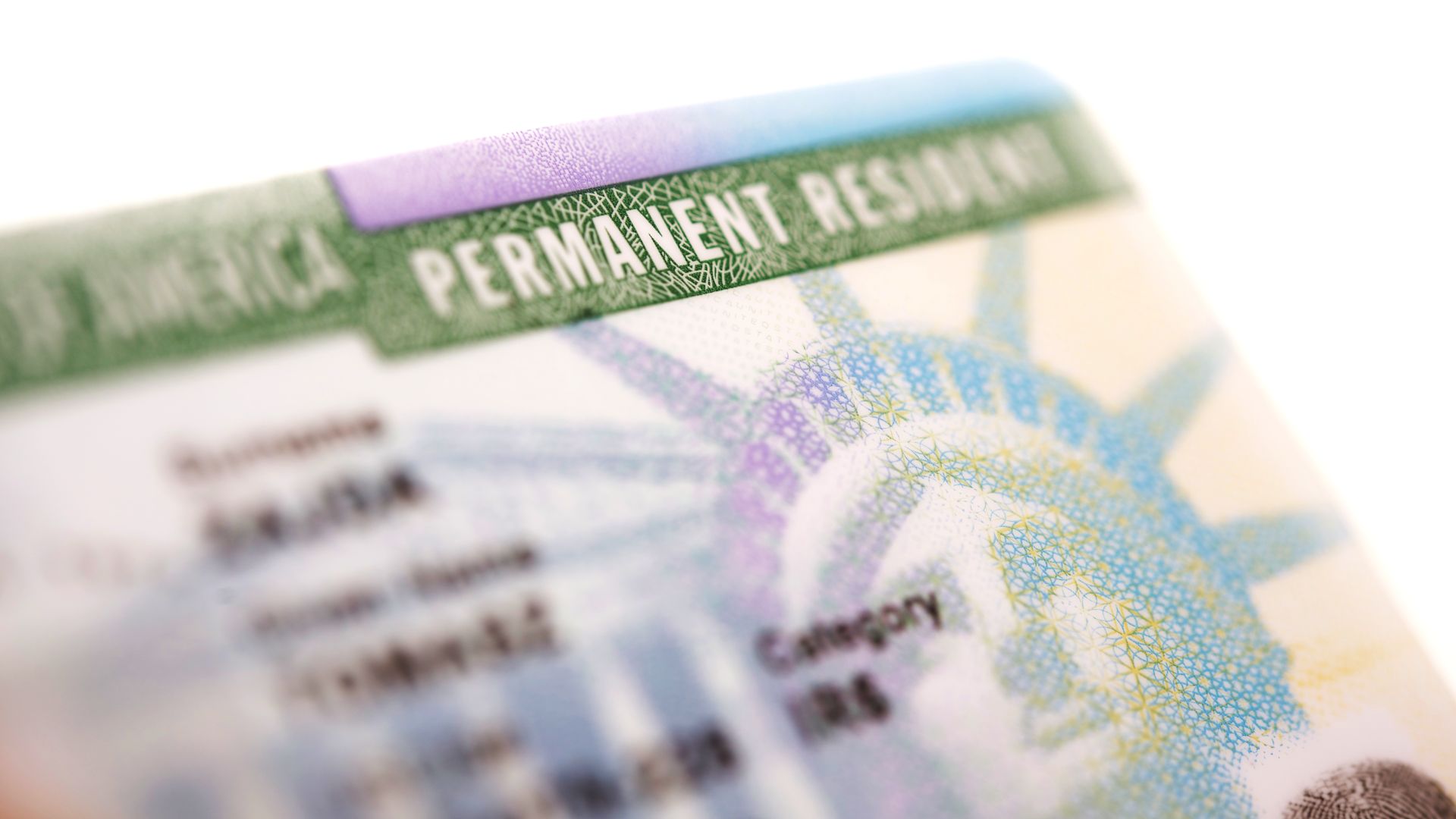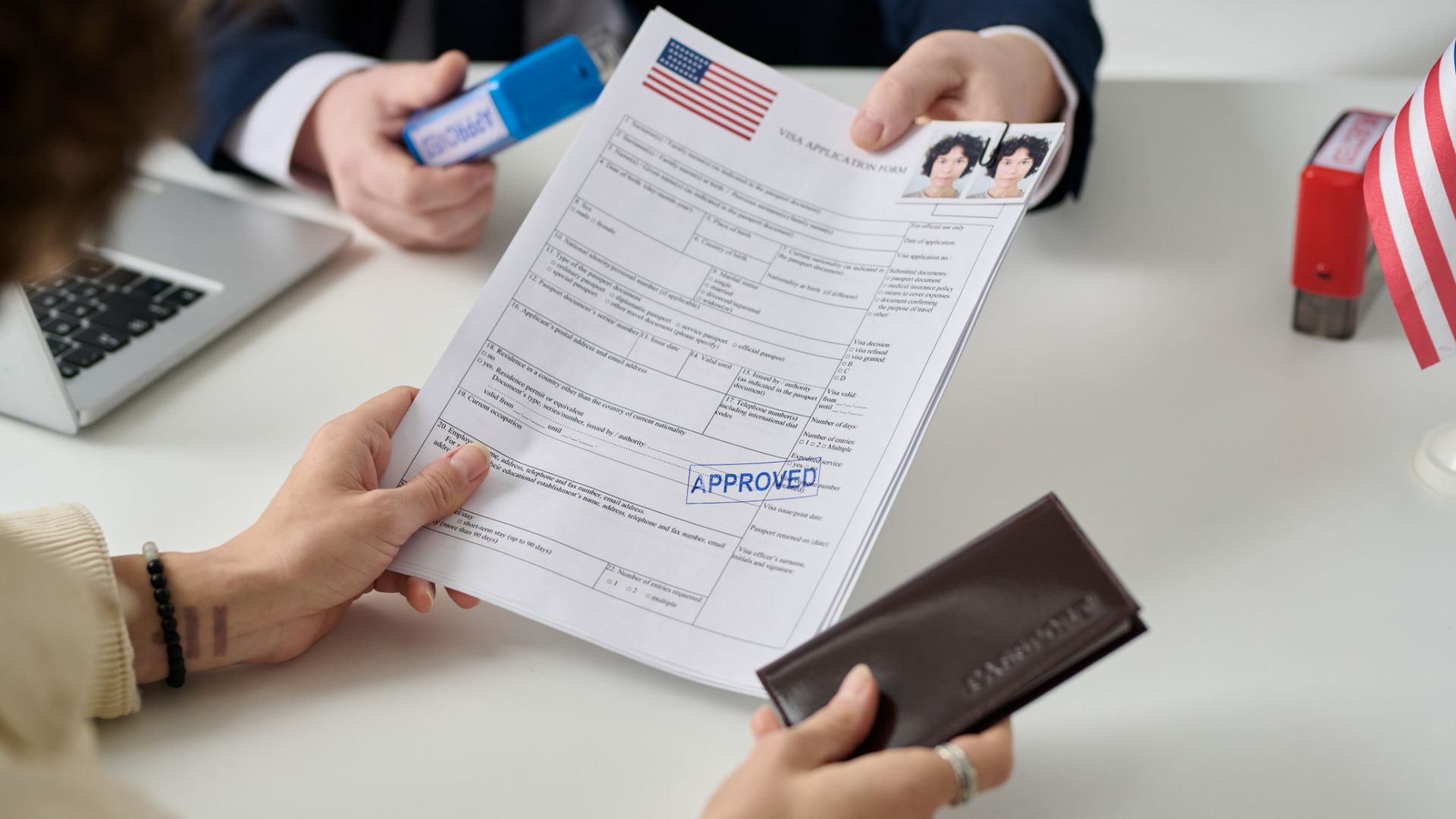The journey through the U.S. immigration system can be complex and challenging, often presenting hurdles that individuals and families must overcome. One such hurdle involves the I-601 Waiver, a crucial component for those facing certain inadmissibility issues. In this blog, we will explore the ins and outs of the I-601 Waiver, shedding light on its purpose, eligibility criteria, and the application process.
Understanding the I-601 Waiver
The I-601 Waiver, officially known as the Application for Waiver of Grounds of Inadmissibility, is a legal tool that allows certain foreign nationals to overcome specific grounds of inadmissibility and obtain a U.S. visa or lawful permanent resident (green card) status. Grounds of inadmissibility can include issues such as fraud, unlawful presence, criminal convictions, health-related concerns, and more.
Purpose of the I-601 Waiver
The primary purpose of the I-601 Waiver is to provide a pathway for individuals who would otherwise be barred from entering the United States due to their inadmissibility. By demonstrating extreme hardship to qualifying relatives or other compelling factors, applicants can seek forgiveness for the specified grounds of inadmissibility.
Eligibility Criteria for I-601 Waiver
To be eligible for the I-601 Waiver, individuals must meet certain criteria, including:
- Qualifying Relatives: Applicants must have qualifying relatives who are U.S. citizens or lawful permanent residents. These relatives may include spouses, parents, or children.
- Extreme Hardship: The heart of the I-601 Waiver application lies in proving extreme hardship to the qualifying relatives if the applicant is denied admission to the U.S. This hardship must go beyond the normal emotional and financial difficulties associated with separation.
- Demonstrating Rehabilitation: In cases involving criminal convictions, applicants must demonstrate rehabilitation and a low likelihood of reoffending.
- Good Moral Character: Applicants must establish good moral character, particularly if the grounds of inadmissibility relate to criminal conduct.
Application Process
The process of applying for an I-601 Waiver involves several key steps:
- Determine Eligibility: Assess whether you meet the eligibility criteria for the I-601 Waiver based on the specific grounds of inadmissibility you are facing.
- Complete the Application: Fill out the I-601 Waiver application form accurately, providing all required information and supporting documentation.
- Gather Evidence: Compile a comprehensive set of documents that support your case, including evidence of extreme hardship, proof of qualifying relationships, and any other relevant materials.
- Submit the Application: Send the completed application and supporting documents to the appropriate U.S. Citizenship and Immigration Services (USCIS) office, following the specified guidelines.
- Interview: Some applicants may be required to attend an interview with USCIS to discuss their case in more detail.
- Await Decision: USCIS will review the application, conduct any necessary interviews, and make a decision on whether to grant or deny the I-601 Waiver.
Legal Guidance
The I-601 Waiver is a crucial lifeline for individuals facing inadmissibility issues on their immigration journey to the United States. Seeking legal guidance and assistance is highly recommended to ensure that all aspects of the application are handled accurately and effectively.








